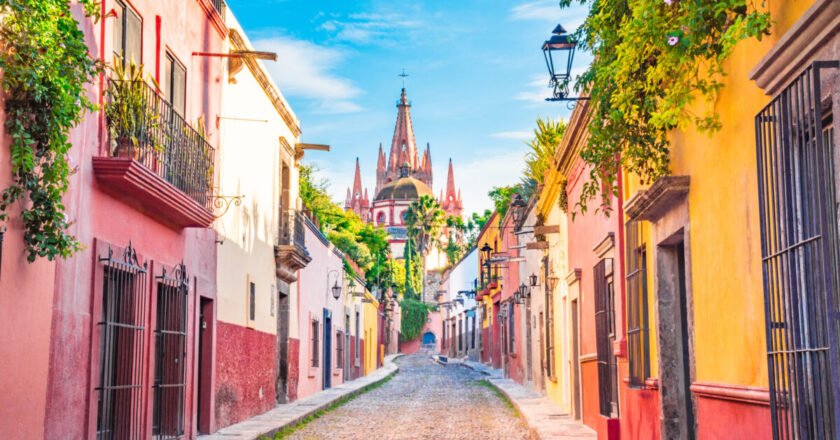Mexico demands evidence after U.S. accuses three banks of laundering cartel cash MEXICO CITY — Just days after the U.S. …


Mexico demands evidence after U.S. accuses three banks of laundering cartel cash MEXICO CITY — Just days after the U.S. …

FinCEN calls out CIBanco, Intercam, and Vector for helping cartels move dirty money It’s not every day the U.S. Treasury …

World Book Day 2025 Today, April 23, is World Book Day, and there’s no better excuse to open a book—and …

U.S. and Mexico Pull the Plug on Banda That Praised “El Mencho Looks like the U.S. and Mexico are finally …

The United States has issued a travel alert for citizens traveling to Mexico during Spring Break, urging them to take …

Contrary to what lots of foreigners think, this coming Friday, September 16, Mexican Independence Day is celebrated and not on …

BY RICARDO GARCIA CHAVEZ First point, closest to the Airport. In planning holidays, we chose a point where we could …

Mortons Auctions, the most important auction house in Mexico, announced an upcoming auction of wines and liquors this past week. …

There has been a lot in the news lately about junk food sales in Mexico. Earlier this month, Oaxaca’s Congress …

March 31, 2020 UPDATE: Although Mexico is still in phase 2 of the Coronavirus epidemic, with more than 1,000 confirmed …